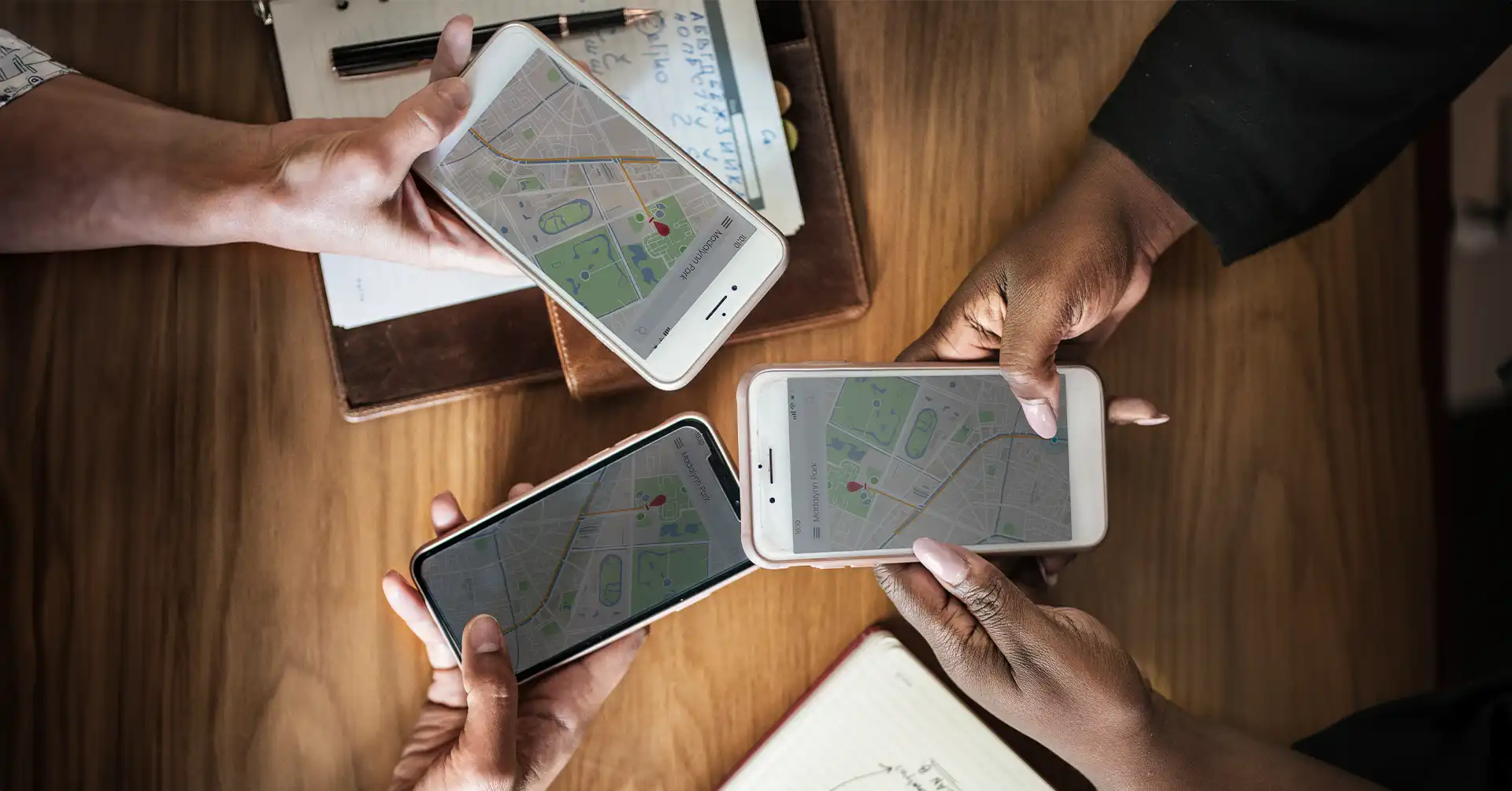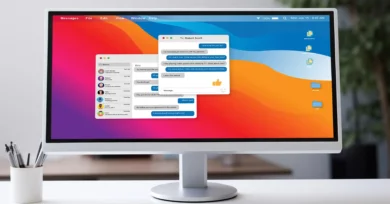IFTTT Track Caller Location: In an age where technology continually advances, the ability to find someone’s location by their phone number has become both a powerful tool and a topic of significant debate. The reasons for wanting to pinpoint a phone’s whereabouts are diverse, from locating a lost device to ensuring the safety of loved ones. However, this capability also raises important ethical and privacy considerations.
This complete guide aims to shed light on the various methods available for tracking a phone’s location through its number, exploring each approach’s advantages and drawbacks while delving into the legal and ethical aspects that demand our attention in this digital age. Whether you seek to reunite with a lost phone, keep tabs on your children, or simply understand the implications of location tracking, this guide will provide you with the knowledge needed to navigate the intricacies of this evolving landscape responsibly and ethically.
Methods for Finding Location by Phone Number
When tracking a phone’s location by its number, several methods are available. Each method offers its own set of advantages and disadvantages. By understanding the options available, you can choose the one that best suits your needs. Among the various methods available, one powerful tool to consider is IFTTT (If This Then That), which can help you IFTTT track caller location effectively.
IFTTT Track Caller Location: One of the standout methods in our arsenal for finding a phone’s location is IFTTT. This versatile web automation service offers ingenious applets that allow you to control and track a device’s location remotely. With IFTTT, you can set up applets like “Send LOST in a text message to your phone to set the ringtone volume at 100%,” enabling you to locate your misplaced phone easily. These applets can be invaluable when you need to IFTTT track caller location swiftly.
Now, let’s delve into an overview of some other methods for finding a phone’s location by its number, weighing the pros and cons of each:
Using Mobile Phone Carrier Services
- Pros: Reliable and accurate tracking, especially for emergency situations. Legal and authorized method.
- Cons: Requires a legitimate reason and may involve fees. Limited by the availability of carrier services.
GPS Tracking Apps | IFTTT Track caller location
- Pros: Precise location tracking with real-time updates. Useful for keeping tabs on family members or employees.
- Cons: Requires installation on the target device, which may not always be feasible. Privacy concerns and consent issues.
Online Location Tracking Services
- Pros: User-friendly and accessible from various devices. Offers additional features like geofencing.
- Cons: Accuracy may vary, and some services may raise privacy concerns.
Reverse Phone Lookup | IFTTT Track caller location
- Pros: Simple and quick method to gather information about the phone number’s owner.
- Cons: Limited to providing information about the owner, not real-time location data.
Social Media and Search Engines
- Pros: Can yield valuable information if the phone number is linked to a public profile.
- Cons: Relies on the owner’s willingness to share their number on social media or online profiles.
Using Mobile Phone Carrier Services
Mobile phone carriers play a crucial role in helping users track the location of a phone number. They have access to advanced technology that allows them to pinpoint a device’s location accurately. Here’s how mobile carriers track location and the steps you can follow to harness this capability:
How Mobile Carriers Track Location | IFTTT Track caller location
Mobile carriers track a phone’s location primarily through the signals it emits. This process involves using cell towers and the Global Positioning System (GPS). When a mobile device is turned on and connected to the network, it continuously communicates with nearby cell towers. By triangulating the signals from these towers, carriers can determine the device’s approximate location. Additionally, carriers can access even more precise location data if the device has GPS functionality enabled.
Steps to Track a Phone Number with Carrier Services
- Contact Your Carrier: To utilize carrier services for tracking a phone number, contact your mobile carrier’s customer support or visit their website. They will guide you through the process and may require specific information, such as the phone number and account details.
- Verify Ownership: Carriers typically require proof of ownership or a legitimate reason for tracking a phone number. This step is essential to protect user privacy and ensure responsible service usage.
- Obtain Consent: In many regions, obtaining the consent of the phone’s owner is legally required before tracking its location. Make sure you follow local laws and regulations to avoid any legal issues.
- Use Carrier Tracking Tools: Mobile carriers often provide tracking tools or services that allow you to locate a device. These tools may be accessible through a web portal or a dedicated app.
- Receive Location Data: Once you’ve followed the carrier’s instructions and obtained the necessary approvals, you will receive location data for the phone number you’re tracking. This data can be in the form of coordinates or a map view.
Limitations and Privacy Concerns | IFTTT Track caller location
While mobile carrier services offer a powerful means of tracking phone locations, there are limitations and privacy concerns to be aware of:
- Accuracy: The accuracy of location tracking can vary depending on the availability of cell towers and the device’s GPS capabilities. In urban areas with many towers, tracking tends to be more precise.
- Privacy: Tracking a phone’s location without proper consent or a valid reason can infringe upon an individual’s privacy rights and may lead to legal consequences.
- Legality: Laws regarding location tracking vary by jurisdiction. It’s essential to familiarize yourself with the legal requirements in your area and ensure compliance.
GPS Tracking Apps
GPS tracking apps are a powerful tool when it comes to locating a mobile device based on its phone number. These apps provide an effective means of pinpointing the precise whereabouts of a phone, making them invaluable in scenarios where you need to track a device. In this section, we will delve into the world of GPS tracking apps, starting with an introduction to their functionality.
How to Use GPS Tracking Apps
Using GPS tracking apps is typically straightforward. After downloading and installing the app on the target device (with proper consent, of course), you can configure the settings and permissions to enable location tracking. The app will then continuously gather location data, which can be accessed through a secure online dashboard or mobile app. This real-time tracking feature is particularly useful in situations where immediate location updates are essential.
To track a caller’s location using GPS tracking apps, simply enter the phone number associated with the target device into the app’s search or tracking feature. The app will then utilize its GPS capabilities to provide you with precise location coordinates.
Privacy and Consent Issues
While GPS tracking apps offer valuable solutions, it’s essential to address privacy and consent concerns. Tracking someone’s location without their knowledge or consent is a breach of privacy and may have legal consequences. It’s imperative to obtain explicit permission from the device owner before installing and using a tracking app. Additionally, be aware of the legal regulations in your region regarding location tracking to ensure you remain within the boundaries of the law.
Conclusion | IFTTT Track caller location
In a world where the location of a mobile device can hold significant importance, the methods discussed in this comprehensive guide offer valuable solutions for finding a phone’s location using its phone number. Whether you’ve misplaced your phone, received calls from unknown numbers, or are concerned about a loved one’s whereabouts, there are diverse tools at your disposal, from GPS tracking apps to online services and social media platforms.
However, it’s crucial to approach location tracking responsibly, respecting privacy and obtaining consent when necessary, as well as adhering to legal regulations. As technology evolves, so does our ability to track locations, making it easier than ever to reunite with a lost device or ensure the safety of those we care about. Remember, with the right tools and ethical considerations in mind, you can harness the power of location tracking effectively and responsibly.
Also Read:
Adobe PDF Merge: Streamlining Your Documents With Ease
Optimize Your LinkedIn Profile And Maximize Visibility and Impact!






